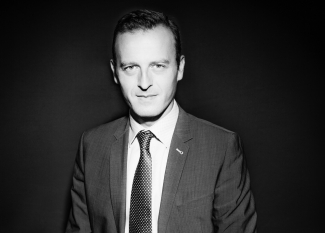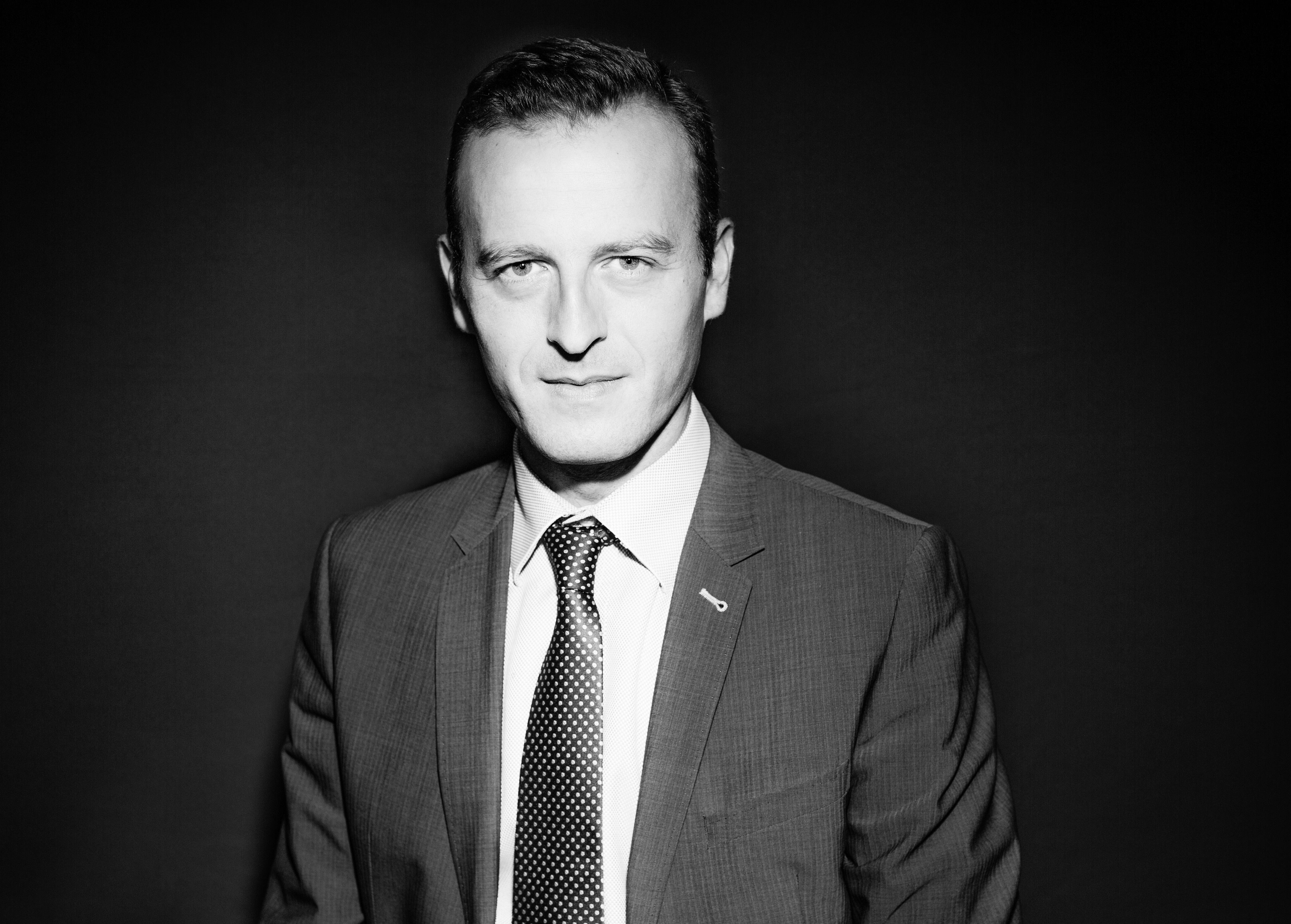Double Detente, the Relations between France and the USSR from 1958 to 1964
Read the introduction in French (pdf-200k)
Summary
Systematic confrontation or progressive co-operation?
This alternative quite sums up the ambivalence of French-Russian relations from 1958 up to 1964. In the context of East-West confrontation, their essence lies in the unprecedented combination of a war logic with a peace logic. Scene of operations as well as field of experimentations for détente, the relation between Paris and Moscow offers, with hindsight, the opportunity to assess all the aspects and forms of the Cold War.
This is why this work proposes a global approach seeking a total history. Three distinct levels of analysis are chronologically related. The traditional level of political and diplomatic exchanges between states is completed by an intermediary level of relations between societies and a level of personal relations.
Based on research in various funds, both in France and Russia, completed by interviews of actors of the period, this book builds up a pattern of bilateral relations. It links the greater policy ( Khrushchev, De Gaulle) with domestic politics (the French Communist Party, France-USSR association) with issues regarding the economy (control of exports, exhibitions), culture (academic exchanges, shared influences), security (battle between intelligence services, propaganda), or local politics (twinning, mutual perceptions…).In parallel, numerous individuals' careers are related in order to embody the bilateral relation and to follow it from the closer point of view of real-life experiences.












